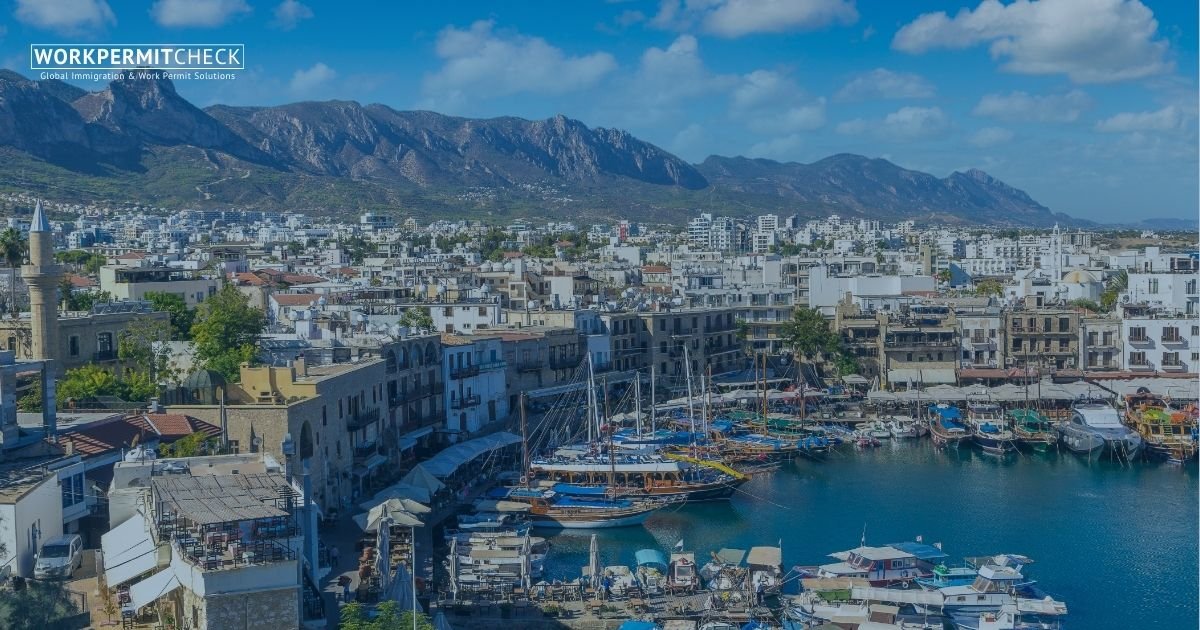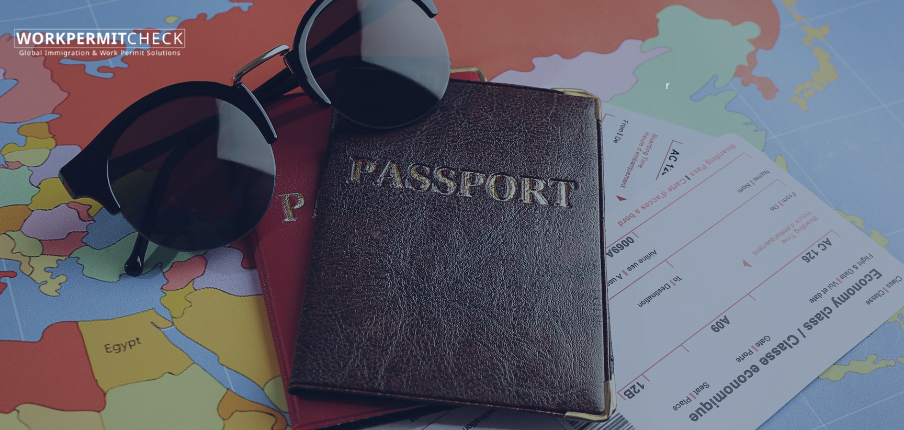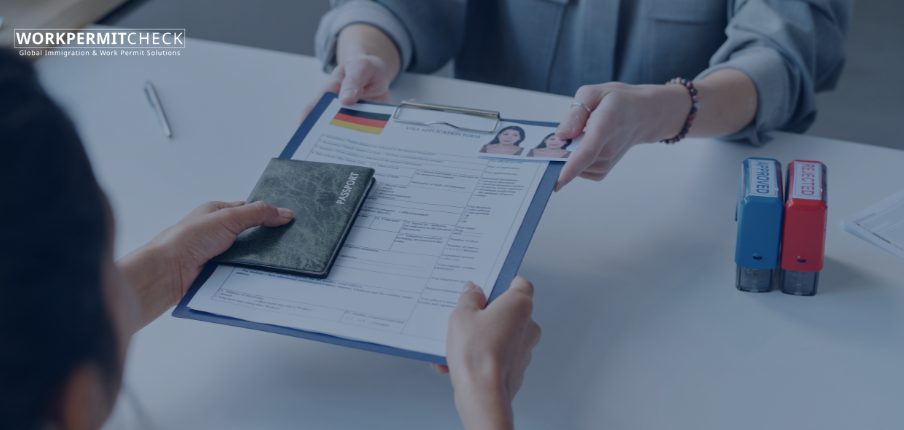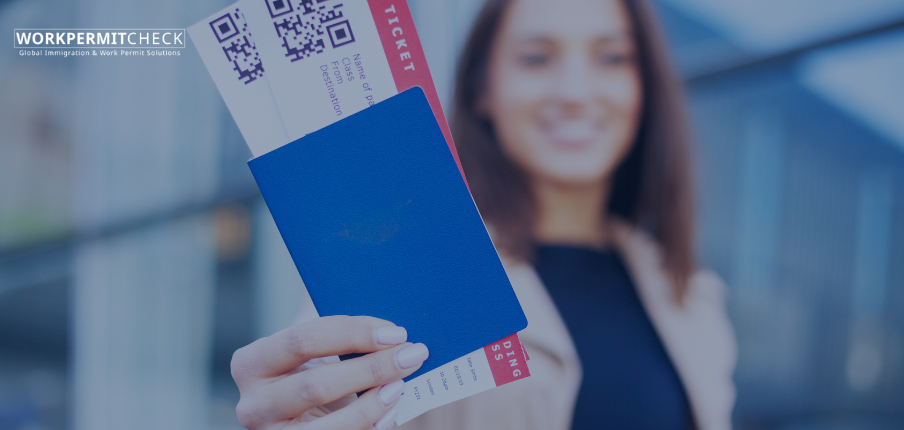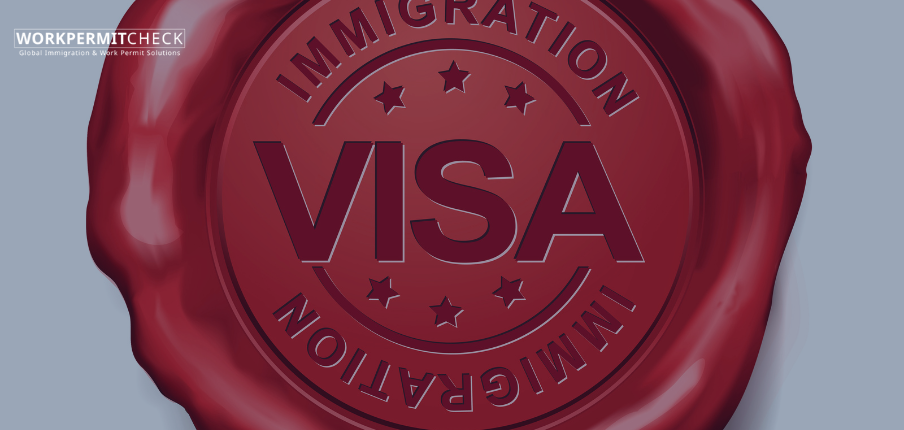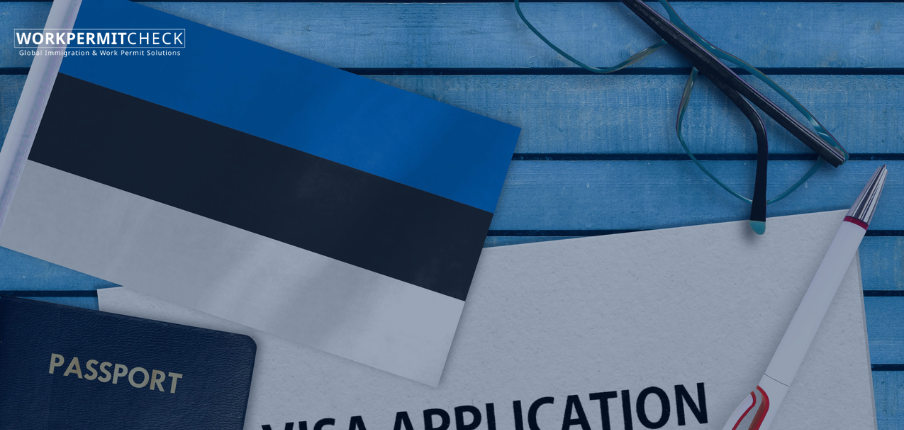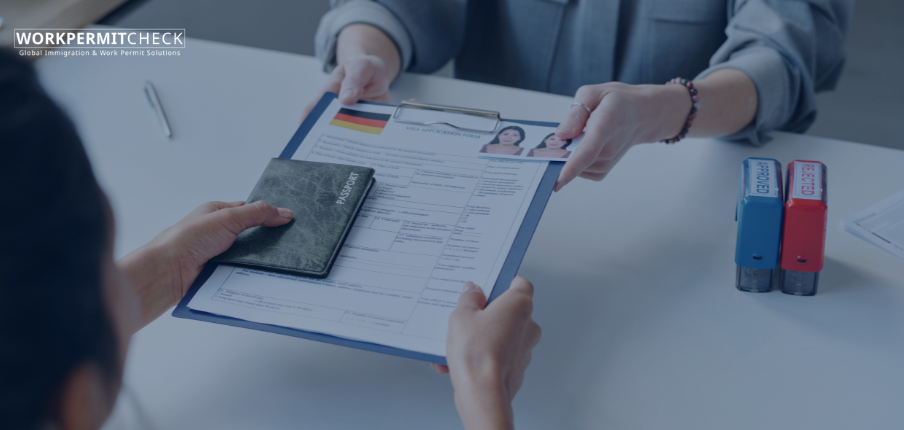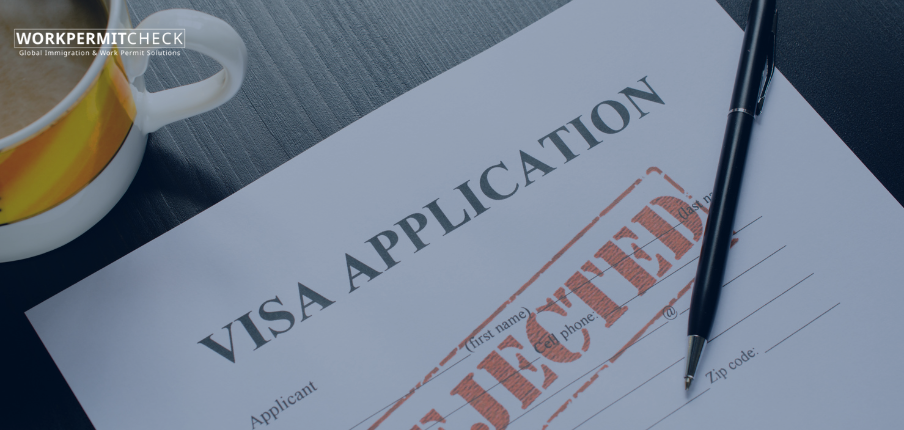Applying for a Greece visa—whether for work, study, or travel—requires more than just paperwork. Authorities conduct background checks to ensure that applicants meet eligibility requirements, pose no security risks, and intend to comply with visa conditions. But how strict are these checks in practice?
What Background Checks Involve
When processing a Greece visa, the authorities typically verify:
• Criminal Records – Applicants must not have convictions that are considered threats to public order or security in Greece or the Schengen Area.
• Immigration History – Previous visa overstays, deportations, or bans from other Schengen states may affect approval.
• Employment and Financial Background – For work and long-stay visas, consulates verify the legitimacy of job offers, employer registrations, and proof of stable income.
• Health and Insurance Records – Medical certificates (where required) and valid travel insurance are often cross-checked.
These checks are conducted in cooperation with other Schengen states, meaning past issues in one EU country can surface during a Greek application.
Why Background Checks Are Important
Greece, as part of the Schengen Area, has to ensure:
• That applicants are genuine travelers or workers with valid reasons for entry.
• That applicants do not present public security threats.
• That migration rules are respected across the EU.
This helps protect both the country and applicants, ensuring fair and legal access to work and residency.
How Strict Are They?
Background checks for Greece visas are considered thorough but fair.
• Short-stay visas (Schengen type C): Checks focus mainly on travel history, financial sufficiency, and security risks.
• Work and long-stay visas (national type D): These involve more detailed checks on employment contracts, employer legitimacy, criminal records, and sometimes interviews.
• Flagged cases: If an applicant has inconsistencies, a history of overstays, or prior refusals, the scrutiny will be much stricter.
Key Tips for Applicants
• Be Honest: Always declare any past refusals or immigration issues. Concealing information often leads to refusals.
• Provide Complete Documents: Ensure job contracts, financial proofs, and insurance details are accurate and up-to-date.
• Check Employer Legitimacy: For work visas, your employer in Greece must be registered and authorized to hire foreign workers.
• Maintain Transparency: If you have prior travel issues, be ready to explain them with supporting documents.
Disclaimer
This article is for informational purposes only. Visa rules and background check procedures are subject to change. Applicants should always consult the official Greek consulate or embassy for the most accurate and updated guidance.
September 18, 2025


